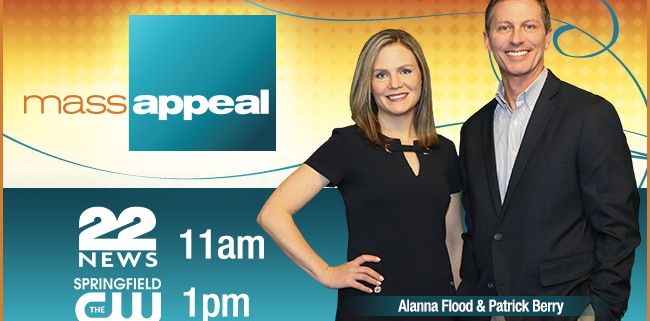8-4-20 Mass Appeal TV Show: Helping Our Kids Understand the Difference Between Facts and Opinion
- We find ourselves in a very strange time.
- Talk of “fake news” and “alternative facts” challenge parents as we strive to help our kids understand the world and learn how to make wise decisions.
- Let’s take a few minutes to clarify two important words, fact and opinion.
- Merriam Webster’s definition of fact: Something that has actual existence. Space exploration is now a fact.
- I’d like to clarify the definition and give some examples.
- Facts can be counted, measured, observed, and recorded.
- We can count and record how many people participate in a program or attend an event.
- We can watch a video and see what a person said and did.
- Facts are the foundation of science and the scientific method.
- They are established and refined by repeated testing.
- Example: distilled water boils at 212 degree Farenheit/100 degrees Centigrade at sea level. This will always happen.
- Important facts today:
- Repeated experiments show that expulsion of water droplets containing coronavirus particles when we speak/cough/sneeze are substantially blocked when we wear face masks.
- Thoroughly washing our hands with warm soap and water or hand sanitizer regularly and trying not to touch our mouth, eyes, or nose, is a key to avoiding infection.
- Social distancing (maintaining a distance of 6 feet or more from others) is another key practice for avoiding infection.
- Merriam Webster’s definition of opinion: A view, judgement or appraisal formed in the mind about a particular matter.
- Facts are reality—what happened. Opinions are our thoughts and feelings about facts.
- As has been said, we have a right to our own opinions but not our own facts.
- Parents have a crucial role to play in helping our children learn how to understand and think about facts so that their children gain practice developing thoughtful opinions and making good decisions.
- We do this by talking with our children about what a fact is and how it differs from an opinion.
- We help our children form their own opinions by being a role model for critical thinking and by asking them questions to spark their own thinking:
- Do you think it’s a good idea to wear a mask when you’re near other people in public places? Why?
- What do you think about those who decide not to wear masks? What do you think may be behind their decision?
- We live in a complex world. And it is likely to get even more complex. The ability to understand the difference between facts and opinions—and the ability to use their own critical thinking– is one of the most important gifts that we can give our children.
- Facts can be counted, measured, observed, and recorded.






Leave a Reply
Want to join the discussion?Feel free to contribute!